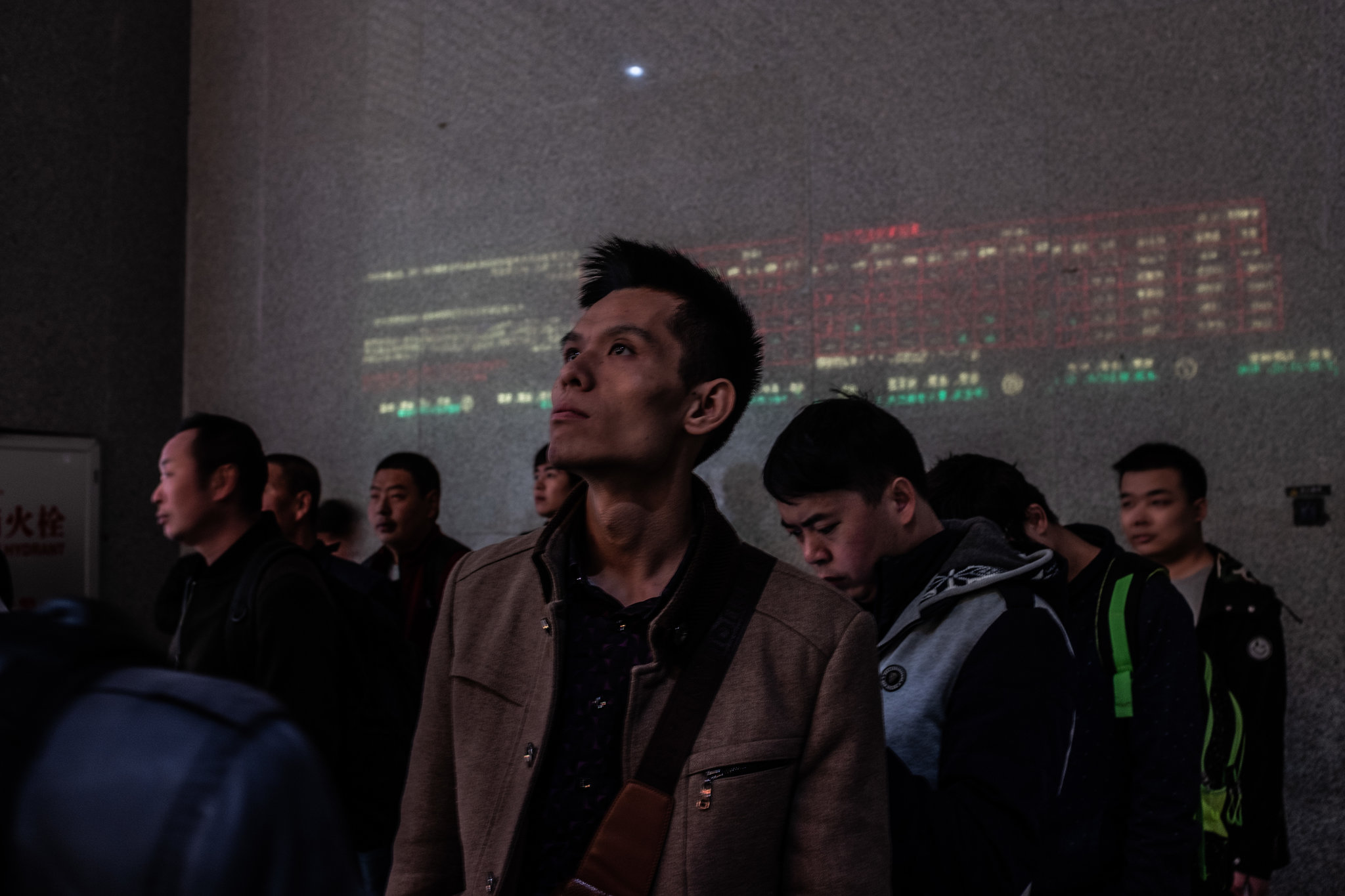Subscripe to be the first to know about our updates!

China Is Willing to Make a Deal
Eswar Prasad
Its leaders are talking tough, but privately, many Chinese officials are worried about their economy and eager to end the trade war.
The official word is that everything is fine. China’s economy, under the leadership of President Xi Jinping, continues to grow at a robust pace and follow a steady path of “reform and opening up.”
In private, Chinese officials admit they are worried. During a trip to Beijing last week, I encountered varying degrees of concern about the economy among bureaucrats, academics and business executives. Most of them agreed that the Chinese economy is slowing down, although some view this as better than the breakneck growth of the past.
One sentiment stood out: worry about businesses’ and investors’ faith in China’s long-term prospects. Some are also concerned that China’s senior leadership isn’t really committed to tough economic reforms. On Tuesday, after a speech in which Mr. Xi asserted the need for even stronger control of the economy by the Communist Party, stock markets in Asia dropped.
Against this backdrop, there is a real opportunity for a deal to end the damaging trade war with the United States.
The trade war comes at a delicate time. It hurts foreign and domestic investor sentiment: investor nervousness has pulled China’s stock market down by about 25 percent this year. Domestic investors are taking their money out, and foreign investors are no longer keen on China, which in turn puts downward pressure on the currency. This reduces the government’s room to maneuver, by forcing it to spend foreign exchange reserves to prop up the currency and making it harder to cut interest rates.
The trade war’s impact is only part of the reason that China’s economy has slowed. While official G.D.P. growth remains suspiciously strong, growth in some sectors, such as retail sales, manufacturing and construction, is down by one to two percentage points compared to a year ago.
Investment in factories and infrastructure and real estate projects has long been a big source of economic growth for China. But over the past two years investment has slowed because of two of the government’s major policy priorities: reducing corporate debt and protecting the environment. These are worthy objectives. The Chinese government rightly wants to rein in speculative real estate investment and to move away from investment in heavy industry for basic manufacturing. It is environmentally destructive, and China no longer has the labor cost advantage it once enjoyed.
The economy has relied for far too long on such investment, mainly by state-owned enterprises, fueled by a surge in corporate debt. The “deleveraging” campaign, which makes it harder for corporations to borrow from banks, will prevent more bad loans piling up in the banking system. To avoid shifting these risks to the “shadow banking” system of non-bank lenders, Chinese regulatory authorities have tightened the screws on informal financial institutions. This has starved the private sector of credit, which has also dampened growth.
The Chinese government faces some important decisions. It should stick with financial deleveraging, improve the functioning of corporate debt and stock markets as alternative sources of finance, and cut corporate and household taxes to support growth. Another challenge is how to deal with the Trump administration’s demands.
Remarkably, some reform-minded officials now actually speak about President Trump as a positive force. Many reforms have been stalled, but under American pressure the opening up of China’s economy that Mr. Xi proclaims might actually be translated into action, bringing greater access for foreign firms, better protections for intellectual property rights and an increased ability for foreign investors to participate in financial markets.
China sees some of these moves as in its interest, but it wants to pursue these changes in its own way and at its own pace. American pressure could give added momentum to the movement for reform.
Still, the Trump administration’s ham-handedness, inflexibility and unpredictability have hampered progress toward a trade deal. The recent arrest by Canada of Huawei’s chief financial officer at the behest of American authorities is mostly seen as a sideshow. However, such provocations play into the hands of Chinese officials who see it as part of an American plot to contain China’s development.
And Mr. Trump’s remarks on the incident, in which he indicated that he would use it as leverage in trade talks, have reinforced the view that the arrest was used as a weapon of economic warfare. Reactionary forces in the Communist Party of China are eager to use this opportunity to revive their old arguments about self-reliance and block market-oriented reforms.
With significant support inside China, the prospect of a trade deal early in the new year is real. The United States won’t get all it asks for. China is not about to abandon its state-owned enterprises, although it may be willing to subject them to greater market discipline. The best outcome for negotiations is that tariffs imposed by the United States won’t get higher and broader. So the expectation is that any deal will lead to a cessation of further hostilities but not a rollback of trade sanctions.
Such an agreement would give the United States and Mr. Trump a major victory. But if American negotiators refuse to settle for anything less than total capitulation by China, his administration will squander an opportunity to help the United States and the world’s economy.
Eswar Prasad is a professor at Cornell University, a senior fellow at the Brookings Institution, and the author of “Gaining Currency: The Rise of the Renminbi.”
Source; New York Times